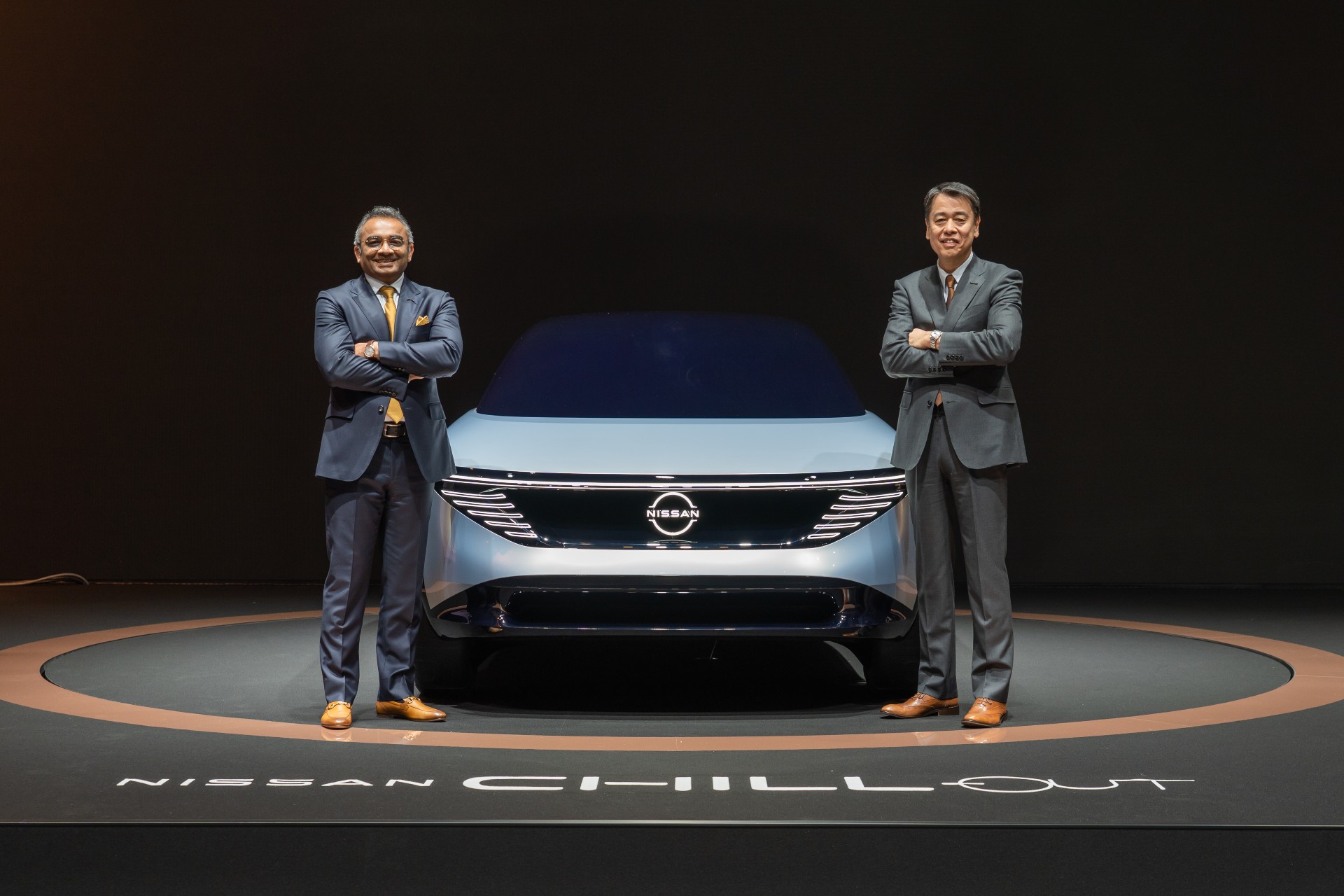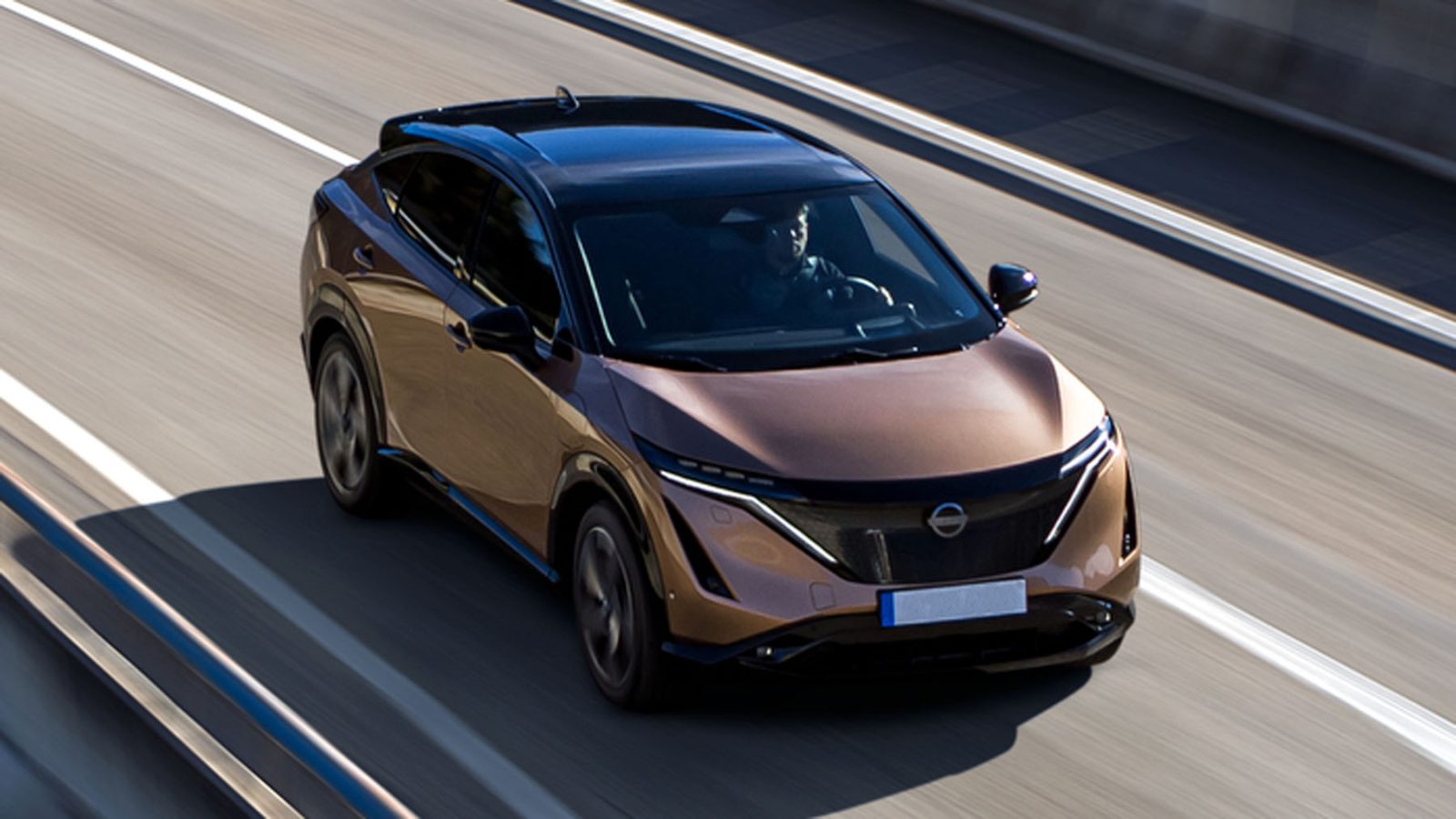On Monday, Japanese automaker Nissan announced that all new models it introduces in Europe will be fully electric, reaffirming its commitment to transition to exclusively electric vehicle sales on the continent by 2030.
Nissan emphasized its commitment to this target just a week after the U.K. delayed its ban on the sale of new gasoline and diesel cars from 2030 to 2035.
“There is no turning back now,” said Makoto Uchida, Nissan’s president and CEO, in a statement. “We believe this decision is the right one for our business, our customers, and the planet.”
The company noted that one-third of the over 1 million electric vehicles (EVs) it has sold globally have been in Europe.
Globally, Nissan plans to introduce 27 electric and hybrid vehicles by 2030, including 19 all-electric models. Although Nissan was an early leader in the EV market, it has faced increased competition from Tesla and China’s BYD.
Additionally, Nissan aims to adopt cobalt-free technology to cut EV battery costs by 65% by fiscal year 2028 and to launch a vehicle equipped with its proprietary all-solid-state batteries (ASSB) by that time.

These batteries are expected to reduce current charging times by two-thirds.
Nissan’s partner Renault, as well as competitors Ford and Stellantis, have also announced plans to make their entire European passenger vehicle ranges fully electric by 2030.
The U.K.’s delay of its 2030 sales target has been criticized by Ford UK Chair Lisa Brankin, who argued that it introduces uncertainty and could divert attention from the shift to electric vehicles.
Nissan has confirmed that one of its upcoming EV models will be produced at its Sunderland plant in the U.K.
“Sunderland is one of our major plants with a rich history and cost competitiveness… and we want to further demonstrate our electrification strategy in this country,” Uchida told at the Nissan Design Europe studio in London.
Uchida also noted that the automotive industry is “evolving and challenging everywhere in the world,” and indicated that in China, Nissan will focus on faster model launches and targeting specific consumer segments.







Leave a Reply